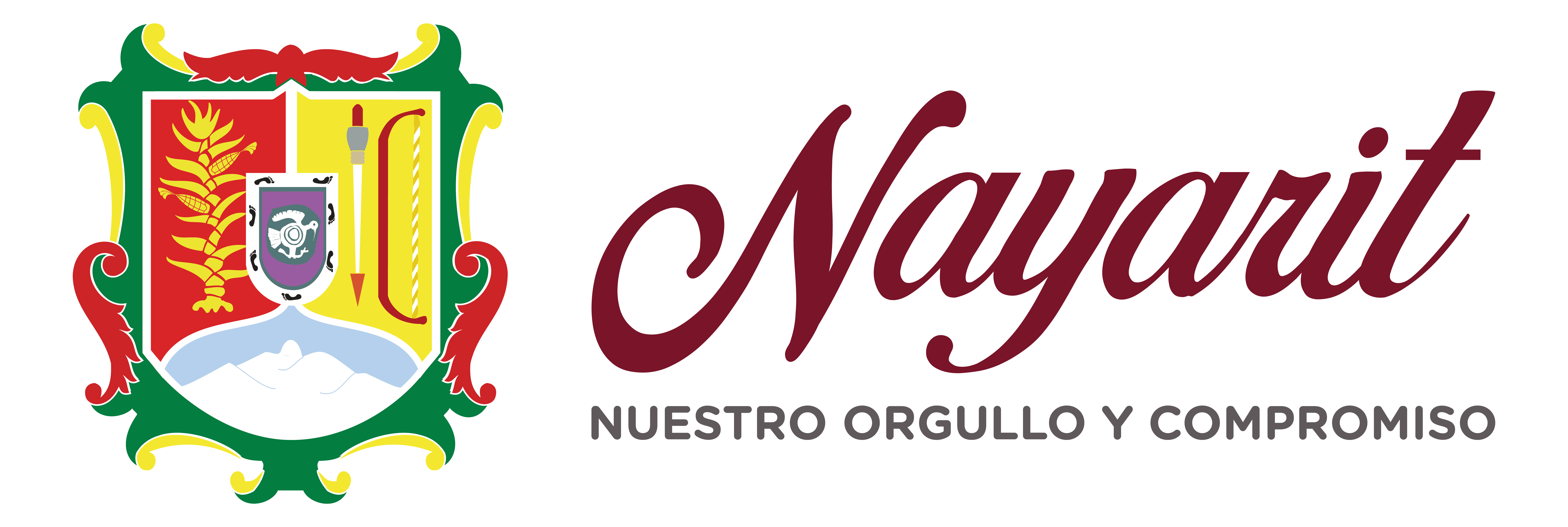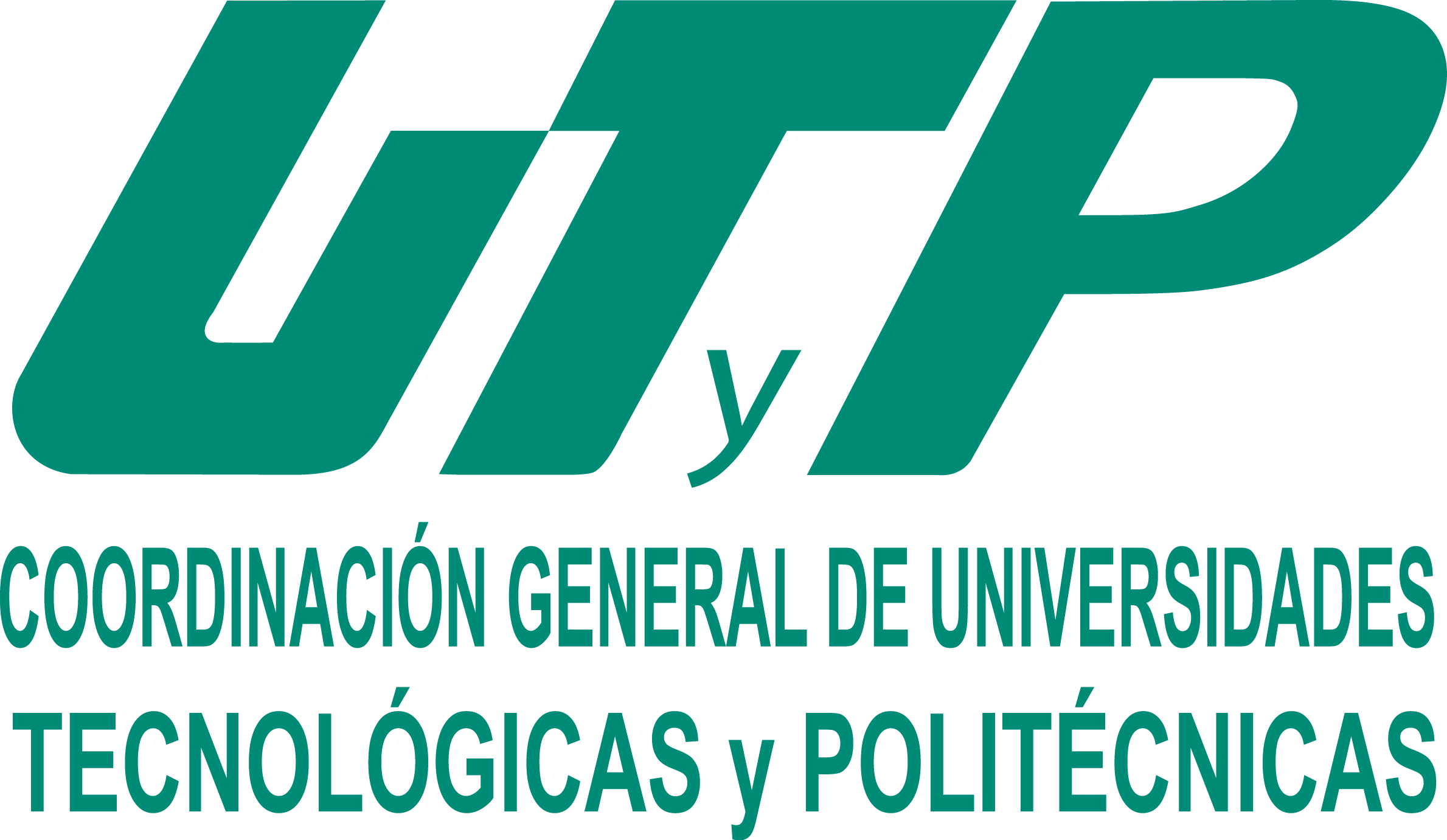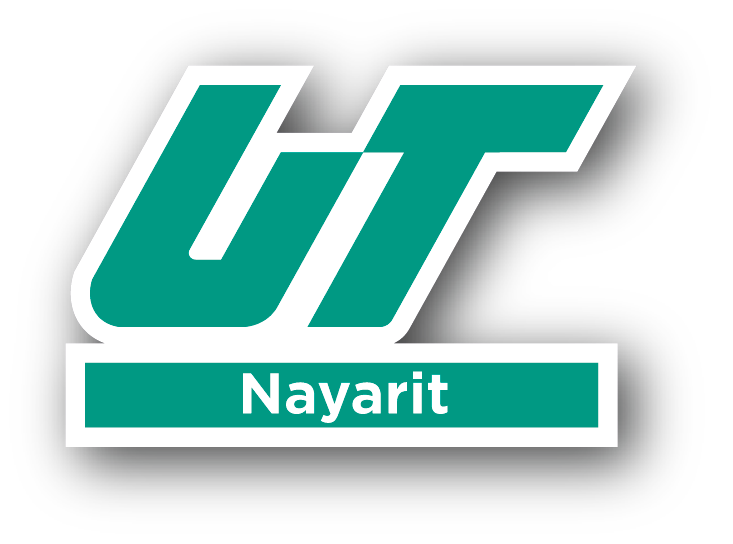Commodification of the Mayan Culture
Keywords:
Mayan Culture, commodification, YucatanAbstract
This article presents the commodification of the Mayan culture and its consequences in the tourist experience and Yucatan’s indigenous population. In terms of the commodification, culture is used to promote a particular destination and sell “authentic cultural “experiences that contribute with economic benefits to the local place. The problem with commodification is that introduces a false concept of the mayan culture and the supposed economic benefits are not truly received by the host population. When the Mayan culture is commercially utilized, the commercial value replaces the original symbolic value of cultural experiences. Thus, the culture loses its role of providing the sense of identification and belonging to the individuals.
Downloads
References
Alcocer, E. (2012). Cultura, turismo y medio ambiente: una mirada desde los pueblos mayas de Yucatán. En Patrimonio cultural y turismo. Cuadernos. Políticas públicas y turismo cultural en América Latina: siglo XXI (núm. 19) (pp. 195-200), México: Consejo Nacional para la Cultura y las Artes.
Amaya, C. (2006). Relaciones entre el turismo y la cultura: turismo cultural y cultura turística en México y en Colima. Estudios sobre las Culturas Contemporáneas, XII(24),9-33.[fecha de Consulta 13 de Junio de 2020]. ISSN: 1405-2210. Disponible en: https://www.redalyc.org/articulo.oa?id=316/31602402
Calleja, C. & González, A. (2016). Mercantilización de la cultura en aras de ofrecer una experiencia turística estandarizada. Reflexiones desde el caso de Cozumel, México. Ritur-Revista Iberoamericana de Turismo, 6, 82-95
Castañeda,Q. (2015). Maya or Mayans? Comment on Correct Terminology and Spellings.The Open School of Ethnography and Anthropology. Recuperado en: http://www.osea-cite.org/program/maya_or_mayans.php
López, Á., & Marín, G. (2010). Turismo, capitalismo y producción de lo exótico: Una perspectiva crítica para el estudio de la mercantilización del espacio y la cultura. Relaciones Estudios de Historia Y Sociedad, XXXI (123), 219–258
Lopez A. ( 2019). Estrategia Nacional del Turismo (2019-2024) Disponible en: https://lopezobrador.org.mx/temas/secretaria-de-turismo/
Gracia, María Amalia, & Horbath, Jorge Enrique. (2019). Condiciones de vida y discriminación a indíge nas en Mérida, Yucatán, México. Estudios sociológicos, 37(110), 277-307. https://dx.doi.org/10.24201/es.2019v37n110.1666
Marin G, Garcia A & Daltabuit M. ( 2012) Turismo Globalización y sociedades locales en la península de Yuca tán. Revista de Turismo y patrimonio cultural, 7, Disponible en: http://www.pasosonline.org/Publicados/pasosoedita/PSEdita7.pdf
MBAIWA, J. E. (2011). Cultural Commodification and Tourism: the Goo-Moremi Community, Central Botswa na. Tijdschrift Voor Economische En Sociale Geografie, 102(3), 290–301. http://doi.org/10.1111/j.1467- 9663.2011.00664.x
Tegeler, C., “The Voluntourism Encounter: Afect, Discomfort, and Transformation in Yaxunah” (2016). Tesis de Honores. Documento 821.Recuperado 13 junio 2020 https://digitalcommons.colby.edu/honorstheses/821
Santana , A. (2003). Turismo cultural, culturas turísticas. Horizontes Antropológicos, 9(20), 31-57. https://dx.doi.org/10.1590/S0104-71832003000200003
Villoro, L. (1960). La cultura mexicana de 1910 a 1960. Historia mexicana, 10(2), 196-219.







